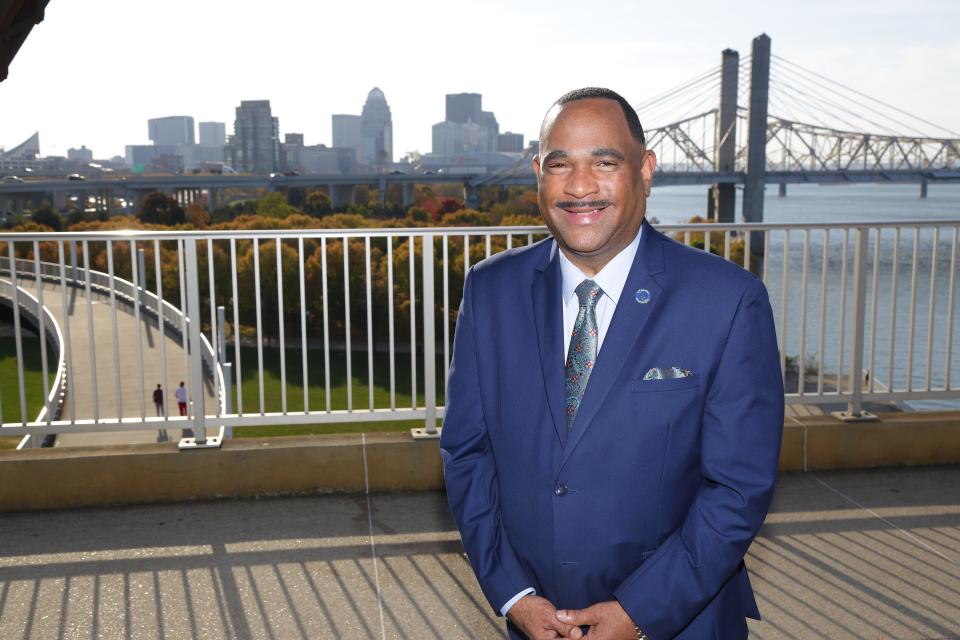Water bills are increasing but to fight the odor, MSD has to update the system
Water is part of everyday life. We drink it, shower in it, flush it and deflect it with umbrellas. Managing that water and its impact on health, safety and livability after it’s used in our homes and businesses or falls to the ground, is MSD’s job every day.
MSD provides three water-centric utility services in one agency: Wastewater collection and treatment, stormwater management and Ohio River flood protection. If any one of these functions should fail or be unattended, there could be catastrophic impact.
MSD balances the priorities of maintaining and upgrading aging infrastructure and facilities—some of which were built more than 100 years ago—with our required investments under a U.S. EPA consent decree to reduce sewer overflows that pollute waterways during periods of heavy rain. We also continue to mitigate odors, which are generated naturally through wastewater collection and treatment.
Rising costs mean higher water bills
Increasing labor and insurance costs, inflation and supply chain issues challenge our work. To address these needs, the MSD board approved a $5.19 a month increase to the average Louisville customer’s monthly bill, beginning August 1.
Gerth: Turning down sewers was a crappy decision that held back Valley Station for years
We do not take lightly the impact any rate increase has, and we work diligently to manage and improve our system in a fiscally responsible way.
We continue to assist lower-income customers who may need help paying bills by funding the Emergency Wastewater Rate Assistance Program and the Senior Citizens Discount Program, which help more than 10,000 households with a 30% discount on their wastewater bills.
While Louisville’s rates remain competitive with regional cities, I’d like to provide some context to our budget.
Our system needs improvements. Odor is a huge problem.
Capital improvements needed to our system total $298.8 million for the fiscal year 2025, with 90% funding work required by federal or state regulatory orders. MSD will make critical investments in 208 projects across the community. The budget includes $74.2 million toward the $241.5 million replacement of the Paddy’s Run Flood Pump Station which protects 214,500 people, 70,000 homes and 60 businesses.
Kentucky politicians speak out: Federal policy puts our reliable electric grid at risk.
One of our biggest challenges is odor. Odor is a natural and inevitable result of millions of gallons of wastewater being flushed and sent down the drain across this community every day. MSD uses biological filters, chemical treatments and thermal oxidation at our treatment plants to mitigate odor, and we systematically invest in enhanced odor-control processes. By May 2025, we will replace nearly 300 outmoded catch basins with new ones fitted with odor reducing traps, and will schedule 800 more in future budgets as part of our odor control initiative.
Nothing is more foundational to life than water. Safe, clean waterways contribute to our community's health, livability and vibrancy, and we strive to provide our services as effectively and efficiently as possible for the citizens we serve.

James A. Parrott (Tony Parrott) is Executive Director of Louisville MSD. He serves on the Board of Directors for the National Association of Clean Water Agencies (NACWA), representing Region 4, and is the Water Agency Leaders Alliance President.
This article originally appeared on Louisville Courier Journal: MSD to increase Louisville residents' water bills, cover rising costs

